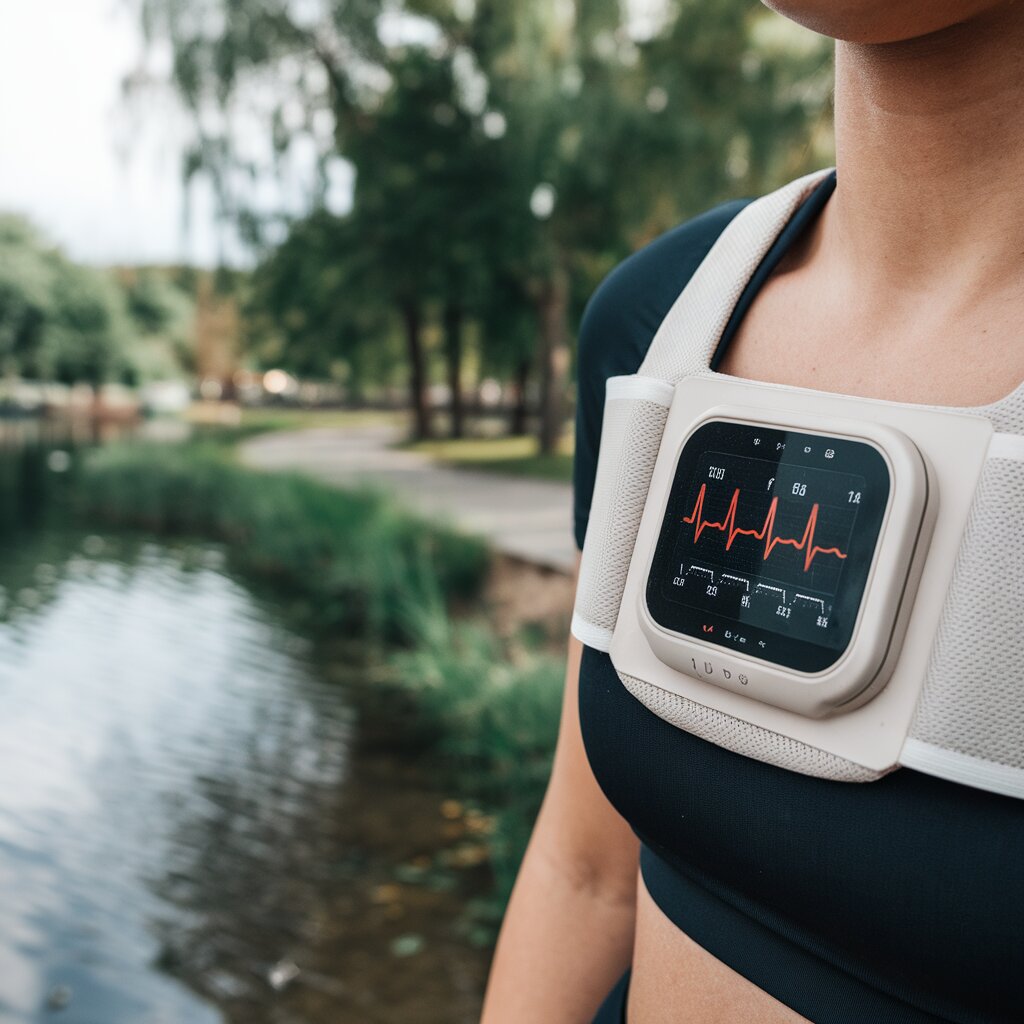In a groundbreaking study conducted by the Duke Clinical Research Institute, long-term continuous heart monitors have shown an impressive ability to detect atrial fibrillation compared to standard care methods. The study demonstrated that these wearable devices can identify 52% more cases of atrial fibrillation, a revolutionary leap in cardiovascular health monitoring.
Presented at the European Society of Cardiology conference and published in the Journal of the American College of Cardiology, the research highlights the potential for these advanced monitors to detect atrial fibrillation at its earliest stages. Despite the promising results, the COVID-19 pandemic truncated the study, leaving unanswered questions about whether early detection ultimately reduces stroke rates.
The importance of continuous heart monitoring cannot be overstated, as evidenced by this study’s impactful findings. Atrial fibrillation often remains undiagnosed yet significantly heightens the risk of ischemic stroke—a condition largely preventable by oral anticoagulation. “Atrial fibrillation is often undiagnosed and can increase the risk of ischemic stroke, which is largely reversible by oral anticoagulation,” noted Dr. Renato Lopes, the study’s lead author and a professor of medicine at the Duke Clinical Research Institute.
Dr. Lopes emphasized the necessity for further definitive evidence on whether systematic screening for atrial fibrillation would lead to a subsequent treatment with oral anticoagulation and thus lower stroke risk. The trial involved over 12,000 elderly participants in the United States with no prior history of atrial fibrillation. Half of these individuals used the long-term continuous monitoring device for 14 days, while the other half received standard care.
Over a follow-up period of 15 months, the study revealed a 52% increase in atrial fibrillation detection among the group using the wearable devices compared to the standard care group. Notably, there was no rise in hospitalizations due to bleeding, nor was there a significant decrease in the overall rate of stroke-related hospitalizations compared to the control group.
The study initially aimed to enroll 52,000 patients, a sample size deemed critical for determining the impact of screening on stroke incidence. Despite not achieving its original goal, which was curtailed due to the pandemic, valuable lessons emerged to guide future research.
“We have gained invaluable insights that can inform future studies,” said Dr. Lopes. He also emphasized the innovative approach of the study’s design, wherein patients could enroll online and self-apply the patch devices from the comfort of their homes with remote support. This virtual, user-friendly format sets a promising example for similar future initiatives in medical research.
This study not only highlights the potential of wearable heart monitors to revolutionize disease detection but also underscores the importance of continuous monitoring and early intervention in transforming cardiovascular health care.


